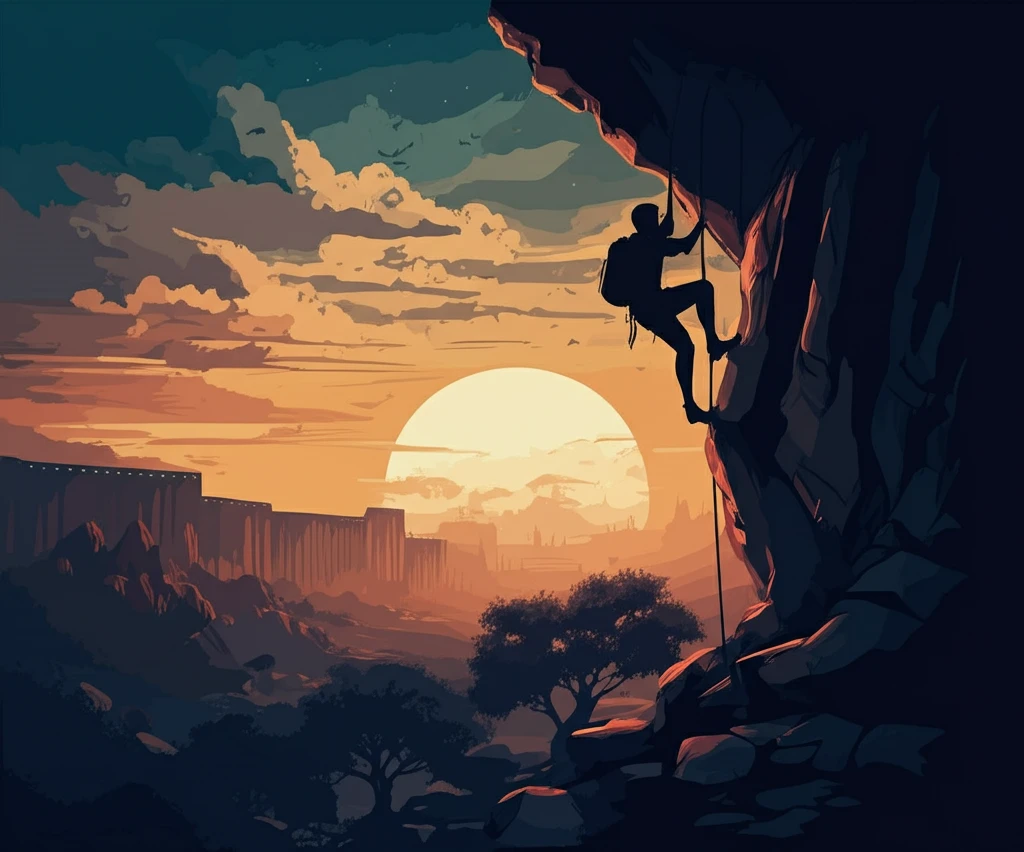
Climbing Walls, Breaking Barriers: How Palestinian Climbers are Reclaiming Their Narrative
"Discover the inspiring story of how Palestinian climbers are using their sport to redefine their relationship with their homeland and challenge the constraints of occupation."
In conflict zones, finding spaces for joy and recreation can be an act of defiance. In Palestine, where daily life is shaped by the realities of occupation, a vibrant climbing community is emerging, transforming landscapes of division into spaces of connection and empowerment. This is more than just a sport; it's a way of reclaiming agency and rewriting the narrative of a people.
This article delves into the story of Palestinian climbers, focusing on how the development of the Wadi Climbing project has spurred the growth of a local climbing community. This community, far from being a detached sporting entity, is deeply intertwined with the social and political fabric of Palestine. It represents a form of civil society, actively shaping and reshaping the spatial experience of its members.
Through personal stories and reflections, we'll explore how these climbers are re-appropriating the natural landscape of the West Bank, a landscape marked by decades of Israeli occupation. Climbing becomes a tool for navigating physical and metaphorical barriers, fostering a sense of belonging, and challenging the imposed limitations on movement and access.
From Obstacle to Opportunity: The Rise of Climbing in Palestine

Rock climbing, traditionally an outdoor activity, has gained significant traction in Palestine, largely due to the Wadi Climbing project. Founded in Ramallah in 2014 by American climbers Tim Bruns and Will Harris, Wadi Climbing wasn't just about introducing a sport; it was about building a community. This initiative has blossomed into a network of local climbers who are not only developing their skills but also forging new connections with each other and with the land itself.
- Community Building: The project fostered new social connections.
- Recreational Activity: It provided alternative leisure.
- Spatial Re-engagement: It encouraged a new approach to the landscape.
Climbing as a Catalyst: Redefining Space and Self in Palestine
Climbing in Palestine transcends the physical act; it becomes a process of re-semiotization, challenging conventional ways of perceiving and interacting with the landscape. It redefines the self, fostering a sense of belonging and agency in a context often marked by dispossession. As Spanish climber B. noted, climbing can transform walls from intimidating obstacles into potentially climbable surfaces, changing perceptions and empowering individuals to overcome perceived limitations.
